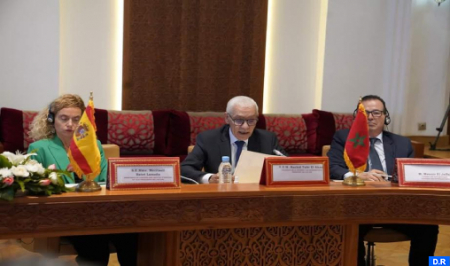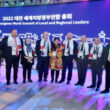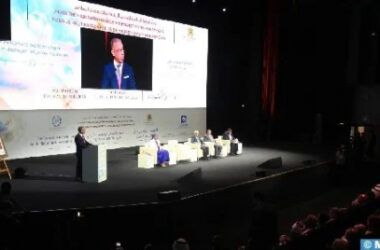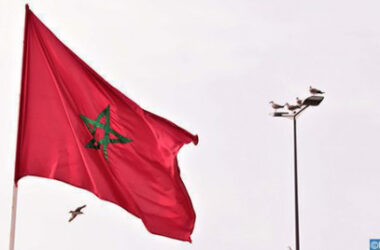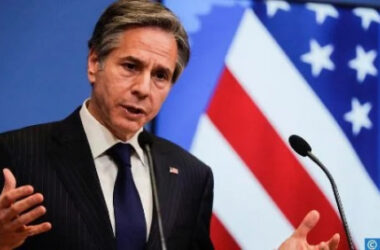In a speech delivered at the meeting of the Bureau of the AP-UpM, held at the House of Representatives under the Moroccan presidency, Talbi Alami called for new policies and parliamentary visions and intensification of efforts to establish partnership mechanisms to meet the challenges facing the region, referring to the extremely difficult regional and international context, hardened by the succession of events, armed conflicts and crises.
He also stressed that the launch of the Barcelona Process in 1995 heralded the establishment of an area of shared prosperity in the Mediterranean region, supported in 1998 by the launch of the parliamentary arm of this process in the framework of the Euro-Mediterranean Parliamentary Forum, and then by the Euro-Mediterranean Parliamentary Assembly in 2004, hence the interest in launching new initiatives that give hope to the peoples of the region, inspire them with confidence in the effectiveness of the Euro-Mediterranean partnership and instill in them common values.
In this regard, he called for a spirit of anticipation and proactivity as the parliamentary arm of this partnership and to contribute to the prevention of conflicts and their proliferation, considering that development and democracy remain dependent on common security and lasting peace.
Similarly, the president of the AP-UpM said that parliamentarians are called to address the treatment of a number of social phenomena, including illegal immigration, stressing the need to recognize the role of southern countries in the prevention of this phenomenon, whatever the cost, to focus on the effort and cost of integration of migrants and regularization of their situation, and to act against this phenomenon.
Talbi Alami has, in this regard, recalled that the countries of the region are confronted with human trafficking networks, and are not in conflict with people pushed to immigrate because of poverty and insecurity.
In this sense, he said that political elites are required to confront hate speech and those who make immigration a subject of electoral overstatement, as well as to defend institutional democracy and confront any current, trend or movement that threatens the security and territorial integrity of countries, explaining that forms of separatism are the most dangerous threat, since they feed terrorism, sectarianism and the spread of violence.
Talbi Alami also highlighted the historical and civilizational central role of the Mediterranean region in trade, global stability and the restoration of the climate of trust in international relations, in a turbulent international situation and tense international relations.
In this perspective, he considered that if this trust becomes more important with the growing tendency to establish a multipolar system, solidarity between the North and the South, acting on the basis of shared responsibility and respect for commitments, therefore remain indispensable entry points.





